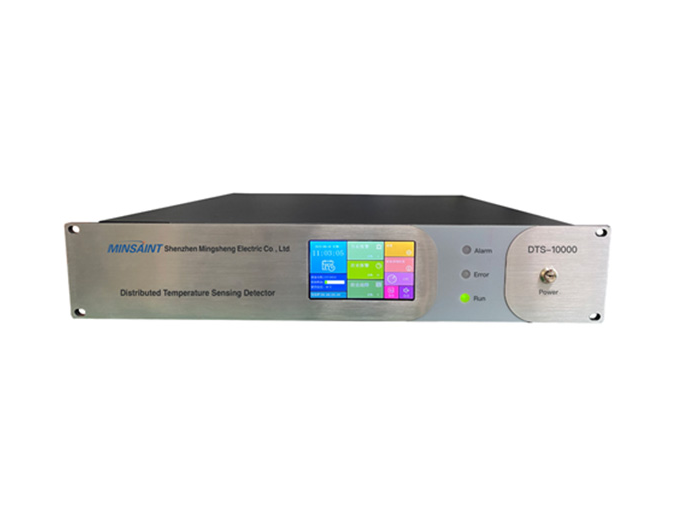In today's rapidly evolving automotive industry, the debate between fuel-powered and electric cars has gained significant traction. As concerns about environmental sustainability and fuel efficiency continue to grow, consumers are increasingly curious about which option is truly the best. In this blog post, we will delve into the intricacies of both fuel and electric cars, analyzing their performance, environmental impact, and long-term sustainability. By the end, you will have a comprehensive understanding of which type of vehicle emerges as the ultimate champion.
- Fuel Cars: Power and Performance:
Fuel-powered cars have dominated the automotive market for over a century, primarily due to their power and performance capabilities. Internal combustion engines provide high torque and acceleration, making them ideal for long-distance travel and heavy-duty applications. Additionally, the extensive network of fuel stations ensures convenience and accessibility for drivers. However, the reliance on fossil fuels raises concerns about greenhouse gas emissions and finite resources. - Electric Cars: The Rise of Sustainable Mobility:
Electric cars have emerged as a promising alternative to traditional fuel-powered vehicles, addressing the environmental concerns associated with fossil fuels. Powered by rechargeable batteries, electric cars produce zero tailpipe emissions, significantly reducing air pollution and mitigating climate change. Moreover, advancements in battery technology have led to improved range and charging infrastructure, making electric vehicles more practical for everyday use. However, challenges such as limited charging stations and higher upfront costs remain obstacles to widespread adoption. - Fuel Efficiency: A Comparative Analysis:
When it comes to fuel efficiency, electric cars have a clear advantage over their fuel-powered counterparts. Electric motors are inherently more efficient than internal combustion engines, converting a higher percentage of energy from the grid to power the wheels. Additionally, regenerative braking systems in electric cars help recapture energy that would otherwise be lost during deceleration. On the other hand, fuel-powered cars have made significant strides in improving efficiency through technologies like hybrid systems and turbocharging. However, they still struggle to match the overall efficiency of electric vehicles. - Environmental Impact: Evaluating the Carbon Footprint:
To assess the environmental impact of both car types, we must consider not only their direct emissions but also the emissions associated with their production and energy sources. While electric cars produce zero tailpipe emissions, the manufacturing process and battery production do have an environmental footprint. However, as the electricity grid becomes cleaner and more renewable energy sources are integrated, the overall carbon footprint of electric vehicles decreases significantly. Fuel-powered cars, on the other hand, continue to emit greenhouse gases during operation, contributing to air pollution and climate change. - Long-Term Sustainability: The Road Ahead:
In terms of long-term sustainability, electric cars hold immense potential. As technology advances and economies of scale are realized, the cost of electric vehicles is expected to decrease, making them more affordable for the masses. Additionally, the development of sustainable charging infrastructure, including fast-charging stations and wireless charging technology, will further enhance the practicality of electric cars. However, fuel-powered cars still have their place in certain applications, such as long-haul transportation and heavy-duty industries. To achieve a sustainable future, a combination of both vehicle types, along with alternative fuels, may be necessary.
Conclusion:
In the quest for the best car, the answer lies in a nuanced understanding of the strengths and weaknesses of fuel and electric vehicles. While fuel-powered cars excel in power and performance, electric cars offer unparalleled efficiency and environmental sustainability. As we navigate the transition towards a greener future, embracing electric vehicles as a primary mode of transportation will undoubtedly play a pivotal role. However, it is essential to acknowledge that the ultimate winner depends on individual needs, infrastructure development, and advancements in technology. So, whether you opt for fuel or electric, make an informed decision that aligns with your priorities and contributes to a more sustainable world.

